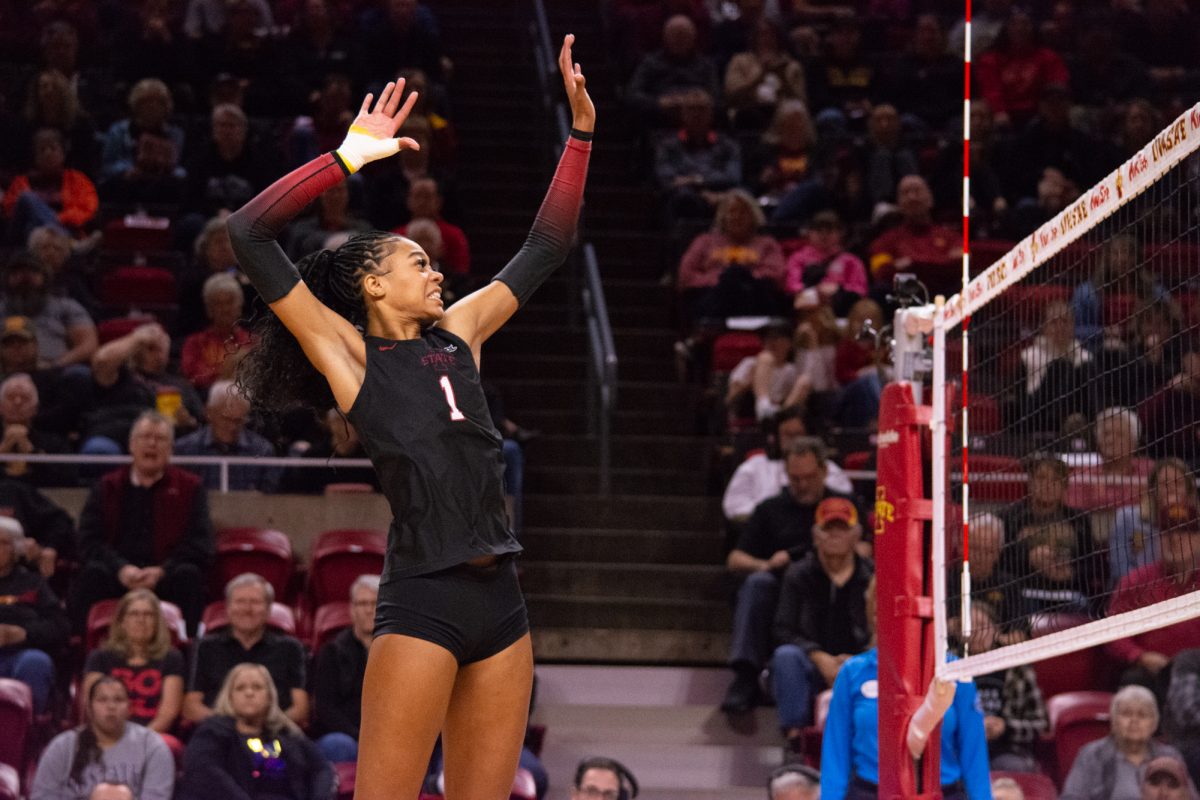COLUMN: Feminism isn’t a dirty word
December 5, 2003
Whenever “feminism” is mentioned, I think some people only envision radical feminists and automatically think of hairy-legged lesbians who use baking powder as deodorant and never wear makeup.
The rest of us know that, although there are some people like that (I happen to know one), most feminists are not really so extreme, if at all. But it is because of these common stereotypes I never wanted to associate myself with feminists.
In writing this column, I may end up telling you more about myself than I would like, but if there is a chance a few men or women might lend an ear to feminist issues, then it is worth my slight discomfort.
Up until the past year, when I could be hurt by how people viewed me, I didn’t want to be seen in a negative light.
Basically, any label that makes people automatically assume things about a person’s personality can be scary to the person to whom the label would be applied.
Can I be blamed for not wanting people to hear my name and “feminist” in the same sentence and picture me as being something that I am not?
Eventually though, I should have known it was going to happen. Through the course of the semester, I have gradually increased in viewing myself as a feminist. From the time that I was a child, I pictured myself giving speeches on women’s rights. I even used to practice sometimes on a toy cassette recorder. Unfortunately, that practice didn’t develop my speech-giving skills — it did, however, prove the effects of society on a very young girl.
Other than a few passing thoughts on equal rights for women whenever an issue would come up, I really never thought much about naming myself a feminist until this past summer.
While I was in Maine, working as a trip leader at a girl’s camp, I was a little surprised at first to discover at least half the staff at this camp was made up of feminists.
Only one of the girls was of the “type” I mentioned previously (she didn’t think it was necessary to shower, because she figured that there are only three parts of the body that need to be washed regularly).
But listening to their views and seeing the way they lived their lives gave me a new perspective on feminism. I started to become conscious of my joy in finding strength in women as they fought to make their marks on the world.
Although I still considered myself as a “wannabe feminist,” I realize that I am inspired by women who aren’t afraid to express themselves in their own way.
I also came to the realization that it is OK for a woman to think another woman is beautiful, not only in her outer but also her inner self. Unfortunately, others don’t always agree — but I see no problem in my view and do not consider having a feeling of a woman being attractive as a critical determiner of my sexuality.
Upon my return to Iowa, I could tell my family and boyfriend were questioning the choices I was making. They knew what kind of “company” I kept during the summer, and I suppose that gave them reason to worry about my sexuality and the justification of the choices I was making.
My every word and action were being judged in fear I had been transformed into a bisexual over the past three months.
Or it could have been my paranoia that caused me to think so. The truth was that my sexuality had absolutely nothing to do with my relation to feminism. On the contrary, I was transforming my life (only slightly) into one that I am happier with because I am making a difference (if only a small difference) in feminist issues.
I have found opportunities where I can make a stand and possibly change the lives of women for the better. I am involved in volunteer work with ACCESS (Assault Care Center Extending Shelter and Support) as well as helping with the March for Choice Campaign.
Being a feminist means acknowledging there are still gender-based issues in the world. It also means wanting an equal society for all people, wanting to live in a place where women are valued for their minds and wanting a society where women can stand up for themselves without consequence.
People need to understand these views before stereotypes can be removed, and before more people will be willing to stand up for these issues.
There should be no reason to be scared of calling yourself a feminist.





